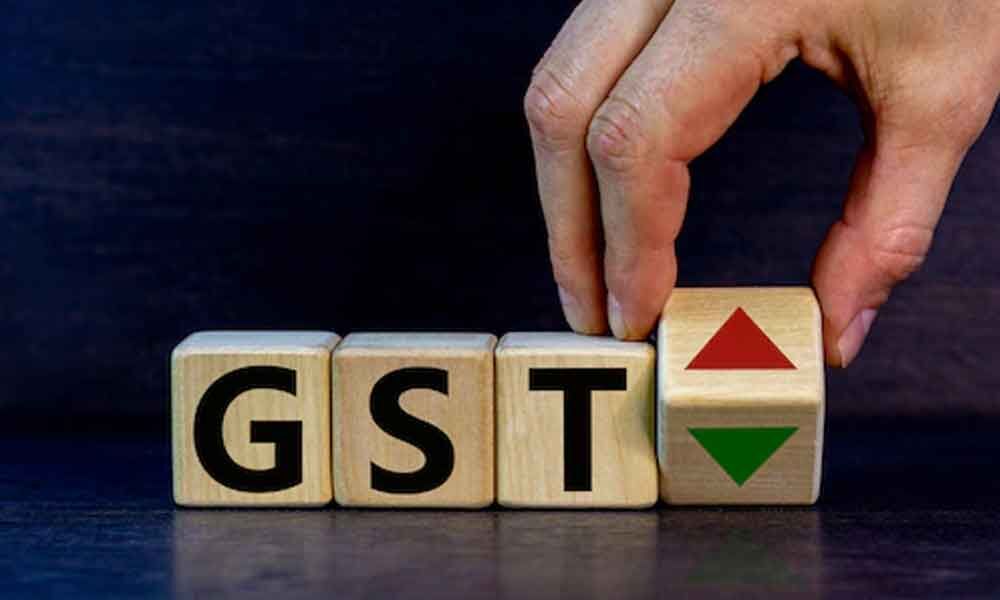
One of the biggest taxation reforms in India — the Goods and Service Tax (GST) — is all set to integrate State economies and boost overall growth. GST will create a single, unified Indian market to make the economy stronger. The implementation of GST will lead to the abolition of other taxes such as octroi, Central Sales Tax, State-level sales tax, entry tax, stamp duty, telecom licence fees, turnover tax, tax on consumption or sale of electricity, taxes on transportation of goods and services, etc, thus avoiding multiple layers of taxation that currently exist in India. But just what is GST all about and how will it impact works contracts in India is a matter of anxiety for all of us in the construction sector.
GST is proposed to have a separate tax rate schedule for goods and services both at Central and respective state level. As long as a singular element is being sold, say either goods or service, it will not pose a problem, but wherever there are composite supplies, it will pose a problem of tax calculation as well as jurisdiction. For e.g. since both the central and state governments are expected to be sharing powers over taxation of goods and services simultaneously, both may choose to have different tax rate structures for goods as well as services. The matters will get further complicated if states also have multiple rate structures for services depending on which services are majorly consumed within a particular state. Now composite transactions could take various forms:-
a) One good sold with another good
b) One service sold with another service
c) One good sold with another service
Under all the above scenarios, if the different taxable elements are identified to have different tax rate structures, it would be a dilemma, when it comes to choosing rate at which final tax payment has to be made. The GST regime could propose either of the solutions to the above issues:-
a) Identifying the dominant nature of the transaction to choose the rate
b) Suggest deemed splitting of such transactions and charge to tax different elements at applicable rates
c) Recommend a separate rate schedule for such composite supplies
d) Apply highest rate to the total mix
e) Even give multiple options to the tax payers to deal with such issues
Besides above, GST is supposed to be a consumption based tax. That is the jurisdiction, where the actual consumption would take place, will have the right to collect the taxes on the said transaction. If there are multiple elements in a supply, is there a possibility that the different states stake claim to the different elements. Just a hypothetical assumption, but real life tends to subsume all such assumptions and convert them into reality.
Now, ignoring the complexities of situs, except for the solution proposed at c) above, the problems of composite supplies shall continue to bring in complexity in the new GST regime. I would infact go a step ahead and say that the level of complexities may actually end up being on a higher side going by my past professional experience.
GST On Works Contracts

